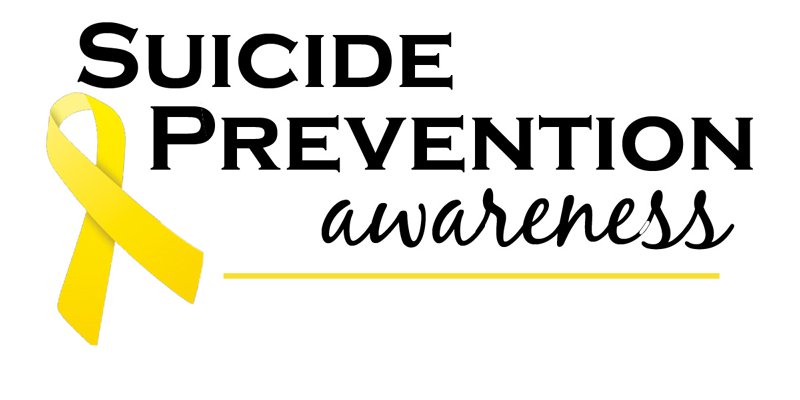

The Real Gratitude Challenge
by Counseling and Wellness Center of PittsburghNovember 28, 2019 gratitude, gratitude challenge, reframing cognitive distortions, thanksgiving0 comments
The Real Gratitude Challenge
It’s Thanksgiving and everyone wants to talk about turkey and gratitude. Newsfeeds and flyers encourage us to take the ‘gratitude challenge’ by sharing how happy we are for our kids, our marriage, families, our job, our house. Nowonder, according to the National Institute of Health, gratitude can help us increase our life satisfaction and mental health! Oh, how...Learn More
‘5 Awesome and Up-worthy Benefits of A Digital Detox’
by Counseling and Wellness Center of PittsburghJanuary 17, 2019 addiction recovery, counseling wexford, digital detox0 comments
‘5 Awesome and Up-worthy Benefits of A Digital Detox’
Mental clutter, anxiety, ‘fubbing’ and stress related disease are just a few of the human spoils which we can estimate are at least in some part perpetuated by our over-reliance on cell phones and digital solutions. The technology era is here and the evidence is within our aching and gnarled fingers, computer blurred-out...Learn More
Suicide Prevention
by Counseling and Wellness Center of PittsburghJune 8, 2018 Anthony Bourdain suicide, kate spade suicide, mental health awareness, suicide, suicide prevention, suicide warning signs0 comments
With the suicide of two Hollywood Stars this week, both Kate Spade fashion designer, and beloved Anthony Bourdain, American chef and champion of human rights, we at the Counseling and Wellness Center of Pittsburgh wish to express our condolences to the families, friends, and all of those effected by these tragic losses. According to the National Institute of Health, suicide rates are rising,...Learn MoreThe Amazing Natural Substance that treats Depression and Anxiety
by Counseling and Wellness Center of PittsburghMay 5, 2018 anxiety, clinical herbalist, complementary medicine, depression, holistic health, integrative mental health, natural health, turmeric0 comments
Turmeric is a natural substance to treat anxiety and depression.
The Amazing Natural Substance that treats Depression and Anxiety
Want to manage anxiety and depression as well as double down on a dose of wellness? We have one incredible natural health, food substance to report to you. Turmeric is a rhizome and a member of the ginger family. Turmeric a major ingredient of Indian curries and has...Learn More